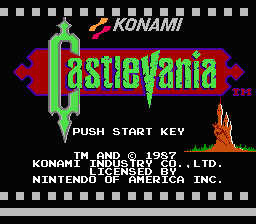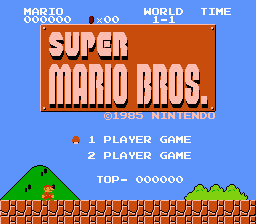If Castlevania, Super Mario Bros., and Pokémon never existed, could they be invented from scratch today?


.png)
Game development is, for both better and worse, not what it used to be; the monetary costs and time costs to create Grand Theft Auto IV are lightyears apart from Street Fighter II. When games are Hollywood-level productions with Hollywood-level expenses, one misstep can sink a company—and so, to the best of each company’s abilities, with every statistic available to them, their number crunchers need to determine a priori whether their games will sell based on the history of their series and comparable series.
In the modern world, big game developers craft their games from market statistics. Some gamers love it (“give me bigger and better”) and others hate it (“give me something original”), but either way, developers do that because, in a real and literal way, they can’t afford otherwise. Market statistics can’t breed innovation, however; no one can create the future by replicating the past. When the game industry was still young, companies needed to pioneer new ideas because they had no comfort zone of existing trends and bandwagons to follow.
Konami could not have created Castlevania in this millennium. My pitch as the creator: Simon Belmont, a descendant of vampire hunters, battles Dracula and the undead with the Vampire Killer, a holy whip passed down over countless generations. My response as the publisher: a guy fights Dracula with a whip? Nobody buys into characters with whips unless they’re Indiana Jones. Give this Belmont guy knives like in Blade or guns like Resident Evil and House of the Dead. Make him more generic because then he’ll be a safer bet.

The scary side of appeasing market trends. 6-3-2012 update: would you believe that I wrote all of the above without even remembering that Konami rebooted Castlevania? I only had their ill-fated Bomberman Act Zero in mind as a point of comparison.
What does all of this have to do with indie gaming, anyway? You'll have to click to find out!
